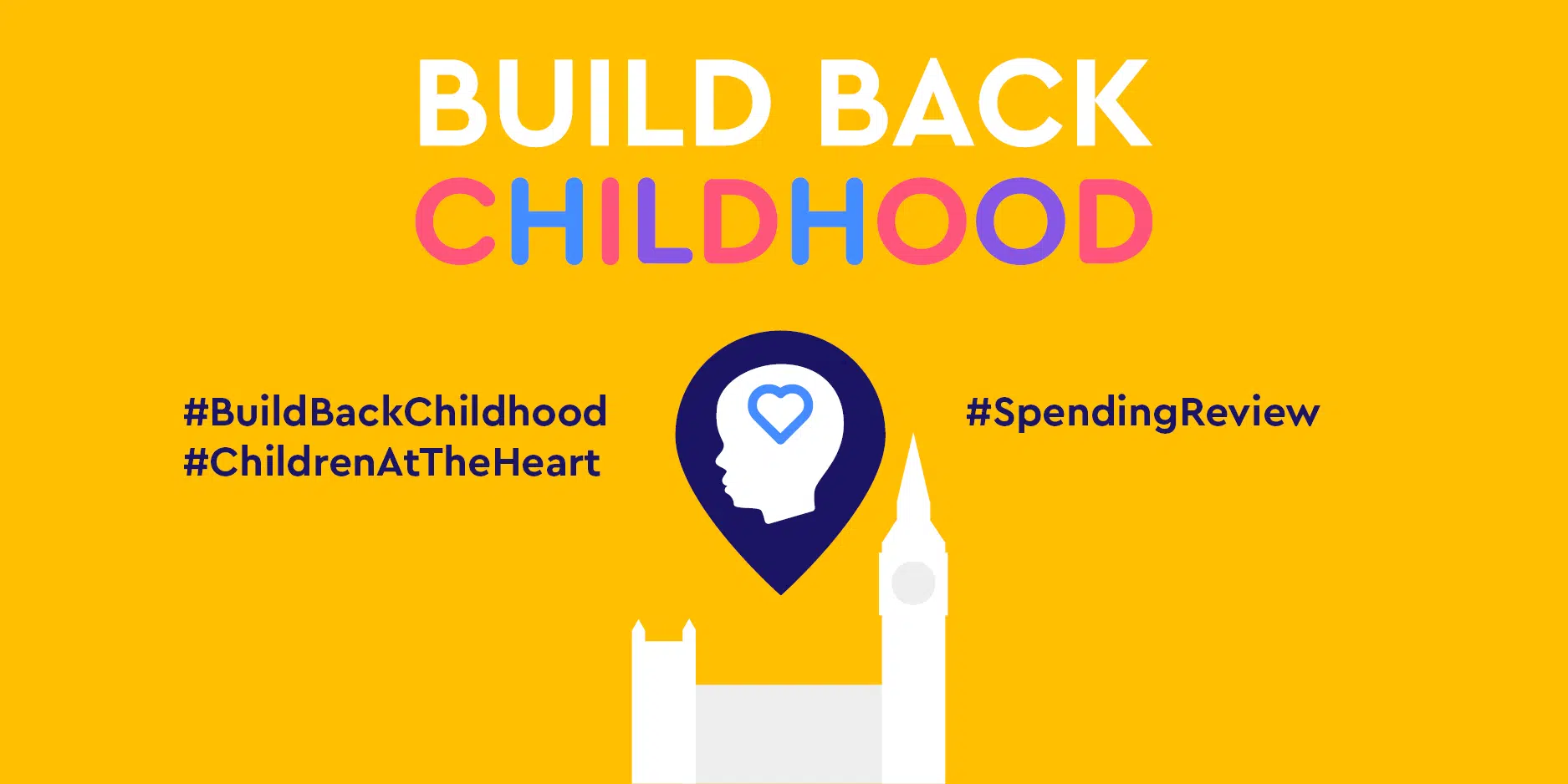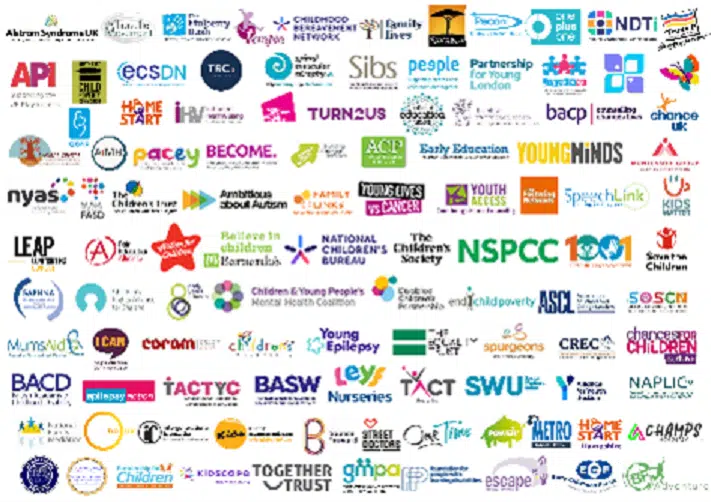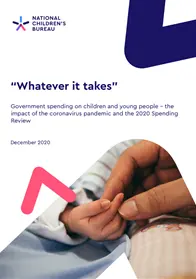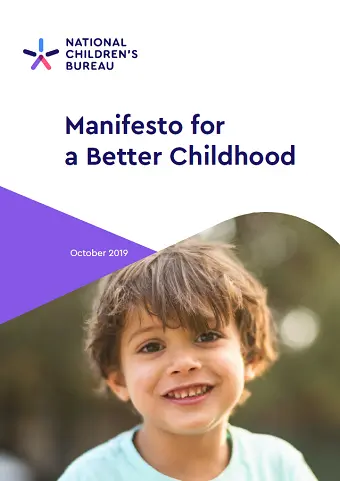New evidence paper published by the National Children’s Bureau: Impact of investing in prevention on demand for statutory children’s social care
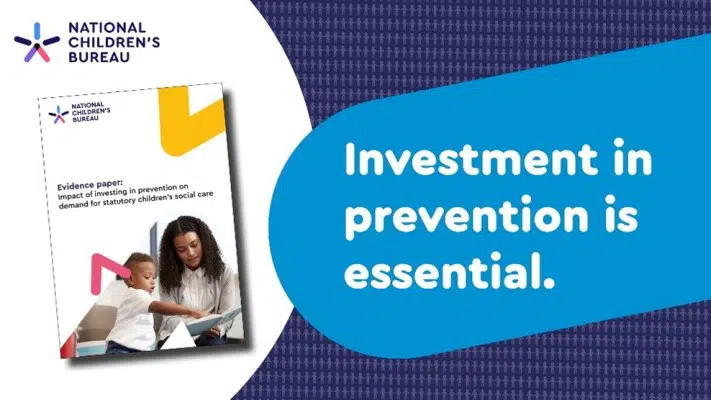
The final report of the Independent Review of Children’s Social Care is expected imminently. To support the launch of the Review, the National Children’s Bureau (NCB) has worked with their academic partners to showcase the latest research on children’s social care.
The NCB’s new evidence paper (Impact of investing in prevention on demand for statutory children’s social care) demonstrates that investing in prevention, including family support and early help, can reduce demand for more expensive crisis support later, and also leads to better services overall.
The NCB says:
“We have a unique opportunity to strengthen families and invest in early intervention. We must seize this moment to transform children’s lives for the better. Rarely has the case for early investment been so clearly articulated. We have to seize the moment”.
Highlights from the evidence paper:
- Increased spending on children’s social care preventative services (including family support and early help) has a positive impact on:
- Ofsted judgements
- Numbers of Children in Need
- Rates of 16–17-year-olds starting periods in care.
- The distribution of local authority spending on prevention has become increasingly less well matched to need.
- Two recent papers have reinforced the contributory causal relationship between family poverty and levels of child abuse and neglect and the demand for children’s social care services, including rates of entry to care.
The evidence paper concludes with a brief summary of further contextual research on the association between household income and intervention, and on systems-thinking in children’s social care.
You can read more in the NCB’s evidence paper here.
You can join the iHV in raising awareness of the publication of the NCB’s evidence paper and share on social media using the prepared tweet below:
The imminent #CareReview is our chance to secure a future where every child feels safe, secure & supported @NCBtweets’ new evidence paper shows how investment in preventative services can help build that future, saving money in the process. https://bit.ly/3yO2Y2D

